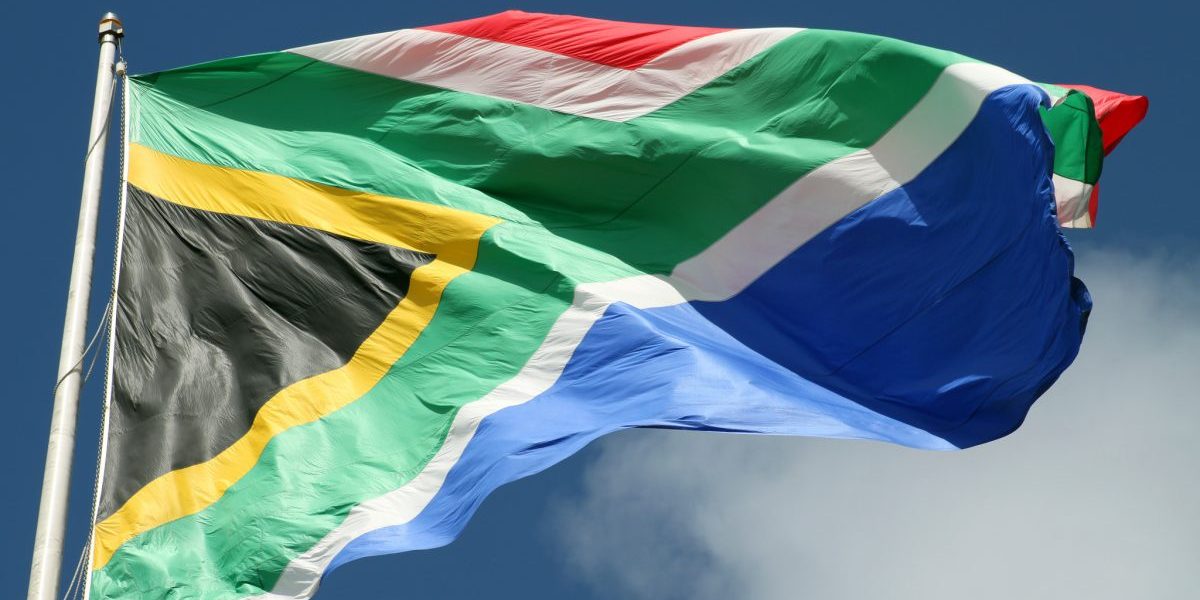This represents a massive challenge for any country with such a high dependence on coal as part of its energy mix – especially in light of retaining its global competitiveness and maintaining its economic growth.
This paper interrogates the opportunities and pitfalls of international carbon trading and market schemes, as a means to reduce carbon emissions and increase the participation of developing countries in voluntary mitigation activities.
To date, African countries remain marginalised in the debate and underrepresented in the local generation of carbon credits. While South Africa fares slightly better than the rest of the continent, it still faces challenges of securing conventional finance to initiate projects, and the adequate capacity to deal with the numerous infrastructural, technical and procedural hurdles. Policymakers need to be aware that domestic regulatory and institutional policy processes can both facilitate or hinder the inclusion of South Africa in these markets.
It is clear that project funding will only be guaranteed when there is more clarity in the expected outcomes of the multilateral process, and increased policy certainty in the future scope and nature of the carbon trading system and the Clean Development Mechanism. The global demand for carbon credits exists but it is essential to first obtain the necessary financing and emerge from the regulatory process more quickly.








